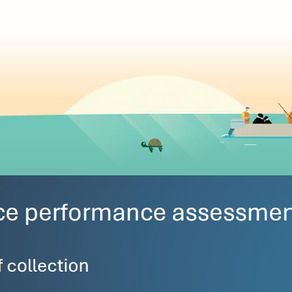
Maritime Transport
For the European economy, maritime transport and related maritime industries are an important source of employment and income. Almost 90% of its external freight trade is seaborne and ensures the security of supply of energy, food and commodities. The EU aims for a 90% reduction in transport-related greenhouse gas emissions by 2050. In July 2021, the European Commission adopted a package of proposals some of which cover maritime transport, such as including for the first time shipping emissions in the EU Emissions Trading System (COM(2021) 551 final); a revised Alternative Fuels Infrastructure Regulation, which requires ships to have access to clean electricity in major ports (COM(2021) 559 final); and the use of renewable and low-carbon fuels in maritime transport (FuelEU Maritime). The European Green Deal also wants to boost multimodal transport to increase efficiency of the transport system. Therefore a shift is needed from road onto rail, and inland waterways.
Case Studies

Decarbonising Shipping
Motorways of the Seas


research updates


PERMAGOV has received funding from the European Union's Horizon Europe research and innovation programme HORIZON-CL6-2022-GOVERNANCE-01-03 under grant agreement No 101086297, and by UK Research and Innovation under the UK government’s Horizon Europe funding guarantee grant numbers 10045993, 10062097, 101086297.



























